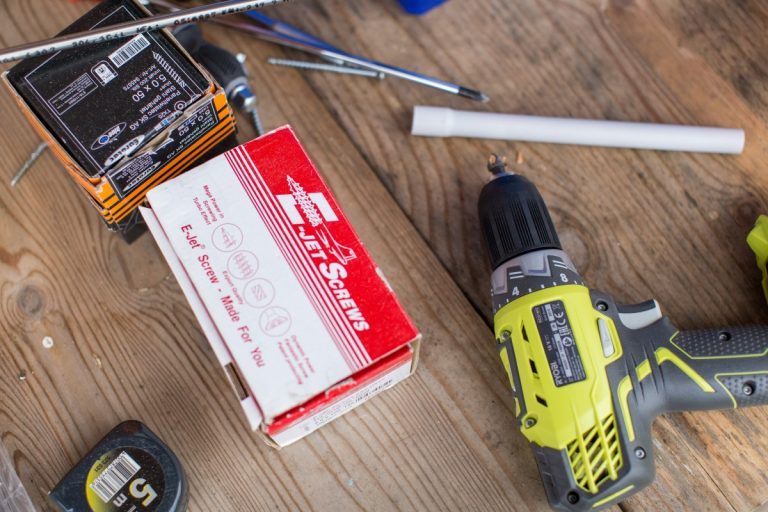MyJobQuote, a website that allows homeowners to easily source local tradespeople, has received more than 190,000 quotes this year, generating over £220 million worth of jobs for tradespeople. It connects homeowners looking for home improvement projects to qualified, local tradespeople who are right for the job. After the users enter the details of the job, the platform matches the customer with the right local tradesperson across 32 categories, 200 sub categories and more than 13,000 verified trades, who will then get in touch in order to complete the job. The 32 categories and 200 sub categories include, but are not limited to: bathroom, builders, carpenters & joiners, cleaners, electricians, heating engineers, kitchen, plasterers and plumbers. The platform offers complete transparency and lets homeowners find a tradesman without having to search for hours online and in the telephone book. Once trades are sourced by the site, the user is able to choose the tradesperson that is right for them. Likewise, for tradespeople and businesses, the site allows them to connect with homeowners without the need for any marketing experience. Trades are able to sign up for the site on either a pay-as-you-go basis, or through a subscription. This year alone, over 190,000 quotes have gone through the site, generating more than £220 million worth of jobs for UK-based tradespeople. Since inception, £491 million worth of jobs have been generated through the platform, £220 million of which was generated throughout 2018. “It has always been our aim to offer a service that is both transparent and useful, both for trades and homeowners, and it’s what we have achieved from all of our hard work. We’re delighted to have been able to generate over £220 million worth of jobs for trades, whilst solving so many consumers’ problems,” said Carl Meredith, spokesperson for www.MyJobQuote.co.uk. There are currently more than 13,000 verified trades signed up to the site in total. What’s more, customers are able to submit feedback following a job to help others find the right person for the job, and the average review score given to trades is 4.2/5. The site itself has an average review of ‘excellent’ on trustpilot and reviews.co.uk. Since beginning operations in 2014, MyJobQuote has received more than 471,000 quotes of Britons wanting to find a tradesman for jobs of all sizes within their home and businesses.








